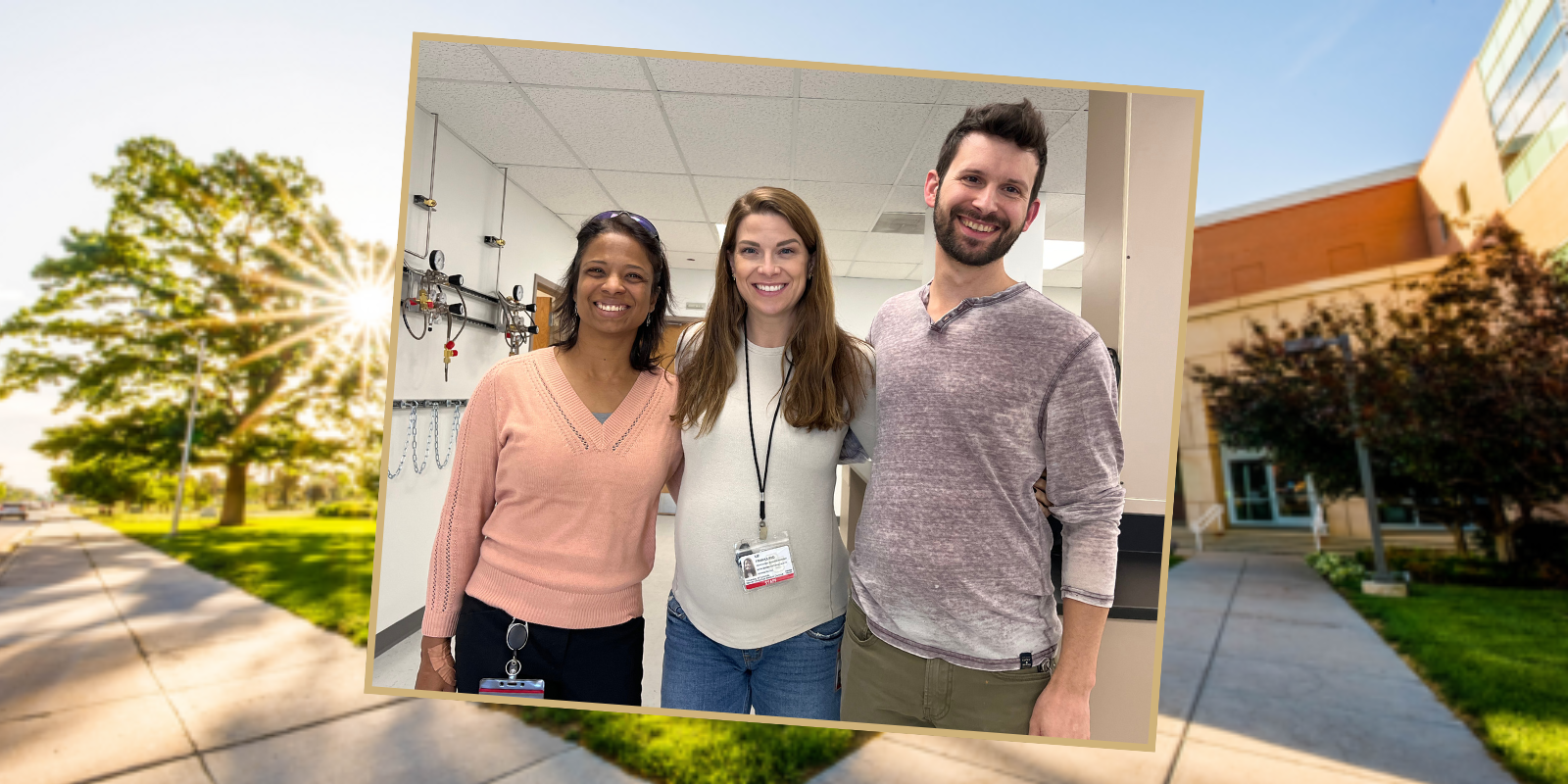In the spring of 2025, the Gates Institute at the University of Colorado Anschutz Medical Campus will inaugurate its Translational Sciences Lab, a pivotal initiative aimed at bridging the gap between research and clinical application in cell and gene therapy. This lab will streamline the progression of innovative therapies from the research bench to the biomanufacturing stage, expediting their journey toward clinical trials.
“Historically, the absence of a centralized, streamlined processes has posed challenges for researchers striving to advance their projects to the manufacturing stage in preparation for clinical trials,” says Veena Krishnamoorthy, PhD, Gates Institute’s head of preclinical development.
By operating independently while maintaining a close partnership with the Gates Biomanufacturing Facility (GBF), the Translational Sciences Lab will play a pivotal role in refining and locking down the product production process initiated in academic laboratories. This structured approach will ensure that innovative therapies undergo rigorous process development before advancing to large-scale manufacturing, ultimately facilitating the efficient translation of novel scientific discoveries into real-world clinical applications.”
Krishnamoorthy will serve as associate director of the lab alongside director Michael Verneris, MD, the Gates Institute’s translational sciences lead. The lab team will be rounded out by Scientific Leads Elizabeth Franks-Widoff, MS, PhD, Michael Yarnell, BS with support from Rycen Ly, cell therapy associate.
Krishnamoorthy, with a PhD and postdoctoral experience in immunology and over seven years in the cell and gene therapy industry, joined the Gates Institute in 2024. She was drawn by its innovative approach to streamline basic science discoveries into clinical applications under the leadership of executive director Terry Fry, MD.
Situated in the Bioscience 1 Building that houses the Gates Biomanufacturing Facility, the Translational Sciences Lab is poised to become a hub of innovation. The lab's inaugural project, the chimeric antigen receptor (CAR) T-cell CD64 trial, aims to achieve remission in acute myeloid leukemia (AML) patients whose disease has been refractory to currently available treatments. Spearheaded by Eric Kohler, MD, PhD and Mathew Angelos, MD, PhD, this trial is the first entirely home-grown CAR T-cell trial at CU Anschutz.
All Gates Institute members are encouraged to submit their projects for consideration. Each submission undergoes a thorough evaluation to determine alignment with the Institute's mission and capacity, followed by an assessment from an external scientific advisory board.
Streamlining the Path to Clinical Trials
The lab's process begins with a comprehensive gap analysis conducted by Krishnamoorthy in collaboration with principal investigators. This analysis identifies critical and supplementary experiments necessary to meet FDA requirements for Investigational New Drug (IND) applications. By determining the current stage of a product's lifecycle, the lab assists researchers in navigating their path to IND, including the INTERACT and pre-IND phases, that precede formal IND submission. These processes historically pose roadblocks for many researchers looking to advance their work to phase one clinical trials due to a lack of comprehensive and streamlined support.
The overarching goal of the Translational Sciences Lab is to streamline the development process, reducing the time and strain required for PIs to transition from bench research to clinical trials. This acceleration is anticipated to significantly enhance patient outcomes by bringing innovative therapies to the clinic through a more efficient and standardized process.
The Gates Institute Translational Sciences Lab: a Forward-Thinking Frontier for Cell and Gene Therapy
Notably, prior to this initiative, the only CAR T-cell trials on the Anschutz campus were those transferred by Fry from the National Institutes of Health (NIH), where he had worked until 2018. The establishment of the Translational Sciences Lab represents a transformative step toward enabling campus-based researchers to independently advance their discoveries in cutting edge cell and gene therapies into clinical trials, heralding a new era of medical innovation at the Gates Institute and the Anschutz Medical Campus.
For more information about the Translational Sciences Lab and opportunities to collaborate, please contact veena.krishnamoorthy@cuanschutz.edu.
Pictured at top: Veena Krishnamoorthy, PhD, Elizabeth Franks-Widoff, MS, PhD, and Michael Yarnell, BS in the new lab space for the Translational Sciences Lab in the Bioscience 1 building on the Anschutz Medical Campus.

-2.png)
%20for%20children%20and%20young%20adults%20with%20relapsed%20or%20refractory%20solid%20tumors.%E2%80%9D%20(1)-1.png)